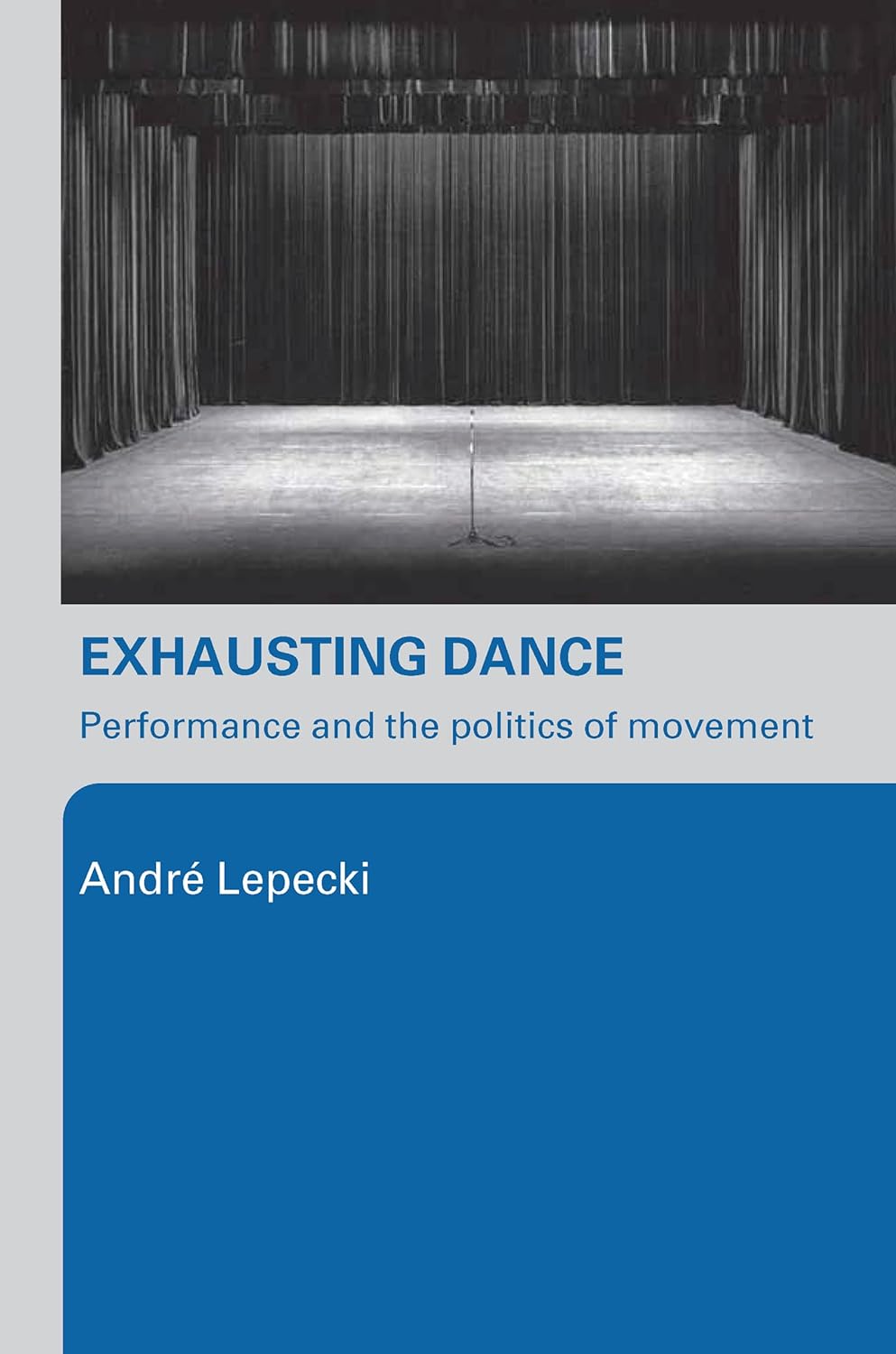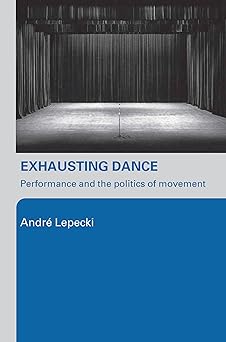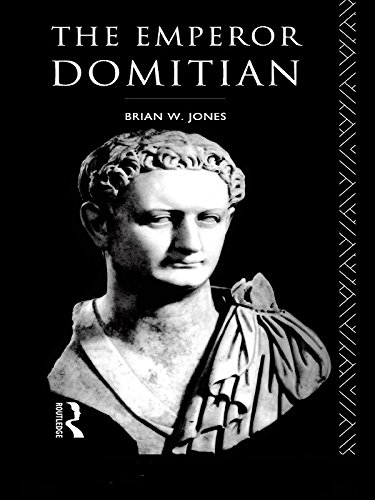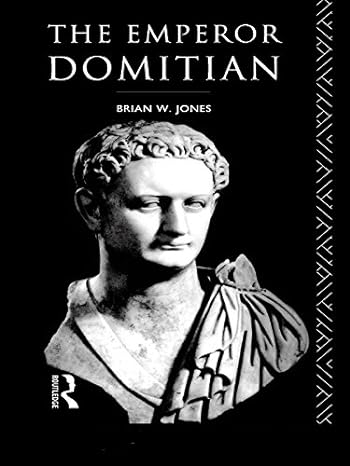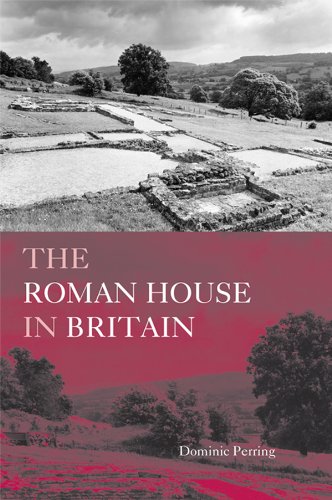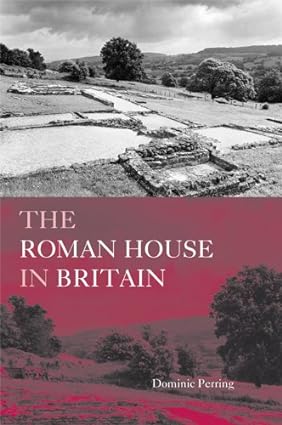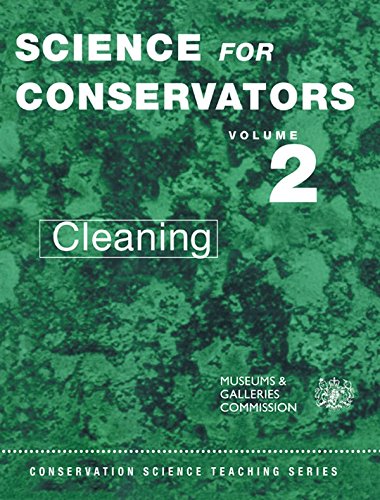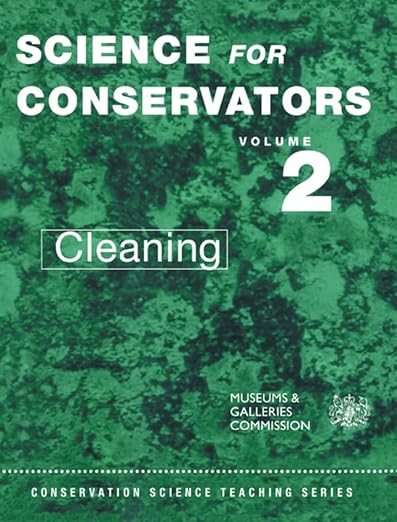
Strong Arms and Drinking Strength : Masculinity, Violence, and the Body in Ancient India (PDF/EPUB Version)
$18.99
Description
Jarrod L. Whitaker examines the ritualized poetic construction of male identity in the Rgveda, India’s oldest Sanskrit text, arguing that an important aspect of early Vedic life was the sustained promotion and embodiment of what it means to be a true man. The Rgveda contains over a thousand hymns, addressed primarily to three gods: the deified ritual Fire, Agni; the war god, Indra; and Soma, who is none other than the personification of the sacred beverage soma. The hymns were sung in day-long fire rituals in which poet-priests prepared the sacred drink to empower Indra. The dominant image of Indra is that of a highly glamorized, violent, and powerful Aryan male; the three gods represent the ideals of manhood. Whitaker finds that the Rgvedic poet-priests employed a fascinating range of poetic and performative strategies–some explicit, others very subtle–to construct their masculine ideology, while justifying it as the most valid way for men to live. Poet-priests naturalized this ideology by encoding it within a man’s sense of his body and physical self. Rgvedic ritual rhetoric and practices thus encode specific male roles, especially the role of man as warrior, while embedding these roles in a complex network of social, economic, and political relationships. Strong Arms and Drinking Strength is the first book in English to examine the relationship between Rgvedic gods, ritual practices, and the identities and expectations placed on men in ancient India.
eBook features:
- Highlight, take notes, and search in the book

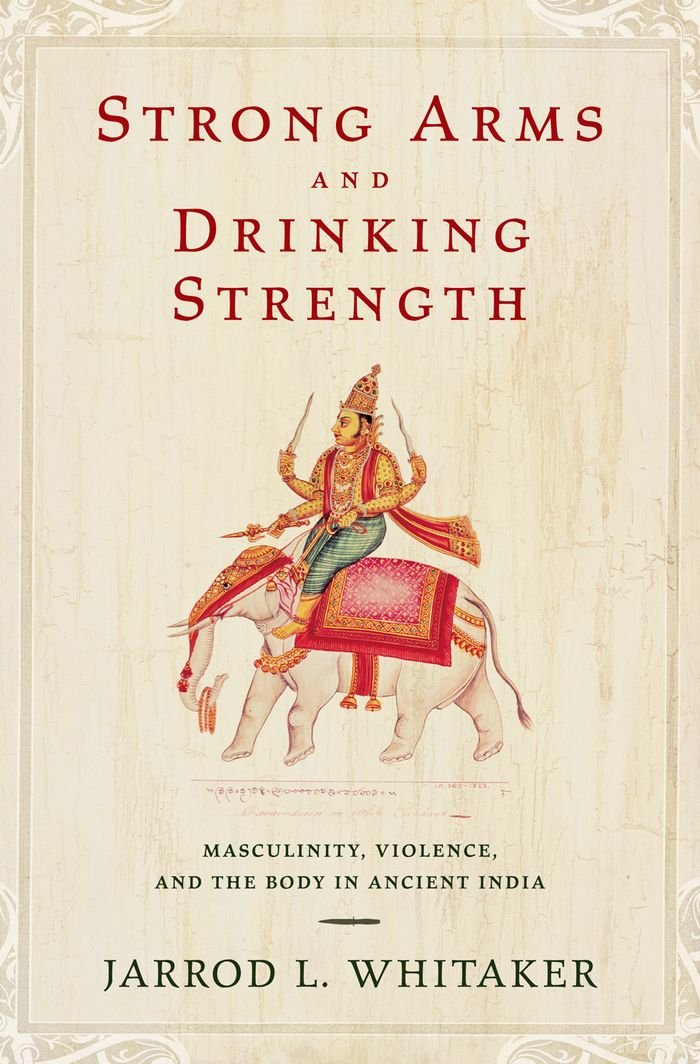
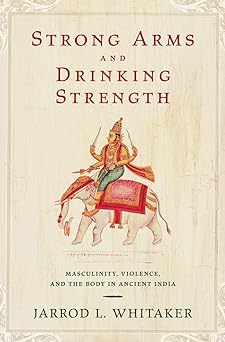
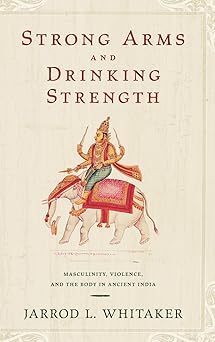

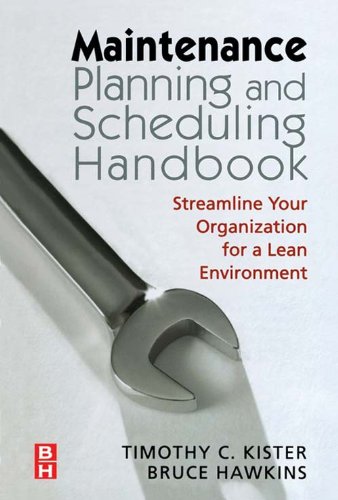
_sv9arrklwn.jpg)
_pybeqjatnb.jpg)


